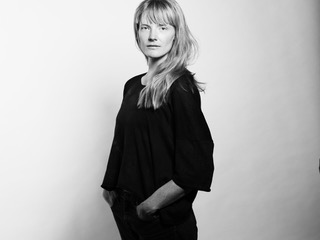Few icons of Japanese culture are more widely recognized than the sumo wrestler. He sports a loincloth and a slicked back topknot. His hulking body is poised to engage. And he is always a man, in the popular imagination at least. The Japan Sumo Association, a quasi-governmental corporation, champions itself as the custodian of a divine affair cultivated by male deities and mortal men, and exclusive of women. Juxtaposing modern and contemporary sumo literature with historical documents and present-day practices, Dr. DeWitt’s talk peers behind the icon and shows how the fantasies surrounding sumo obscure the richness and diversity of its cultural history, a history that includes women.
Lecturer's bio

Lindsey DeWitt Prat is a Flanders Research Foundation (FWO) Postdoctoral Fellow at Ghent University. Her research interests center on Japan and span four main areas of inquiry: religion; gender; social inclusion/exclusion; and tradition/heritage discourse.
Her home page: lindseydewittpratresearch.org
